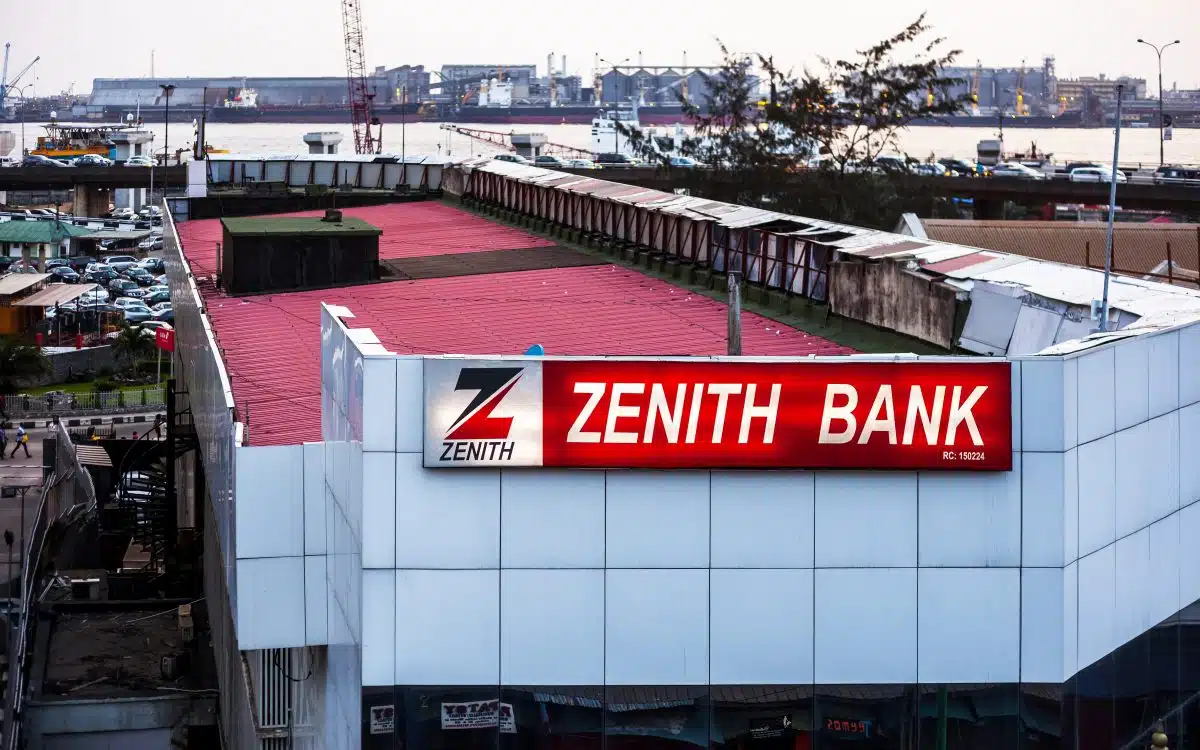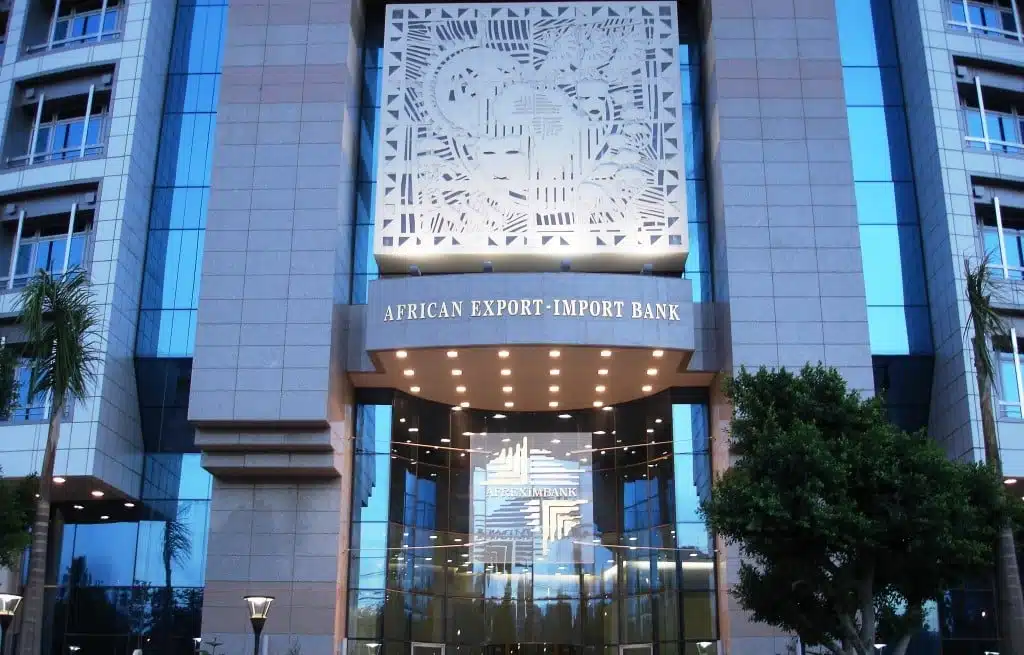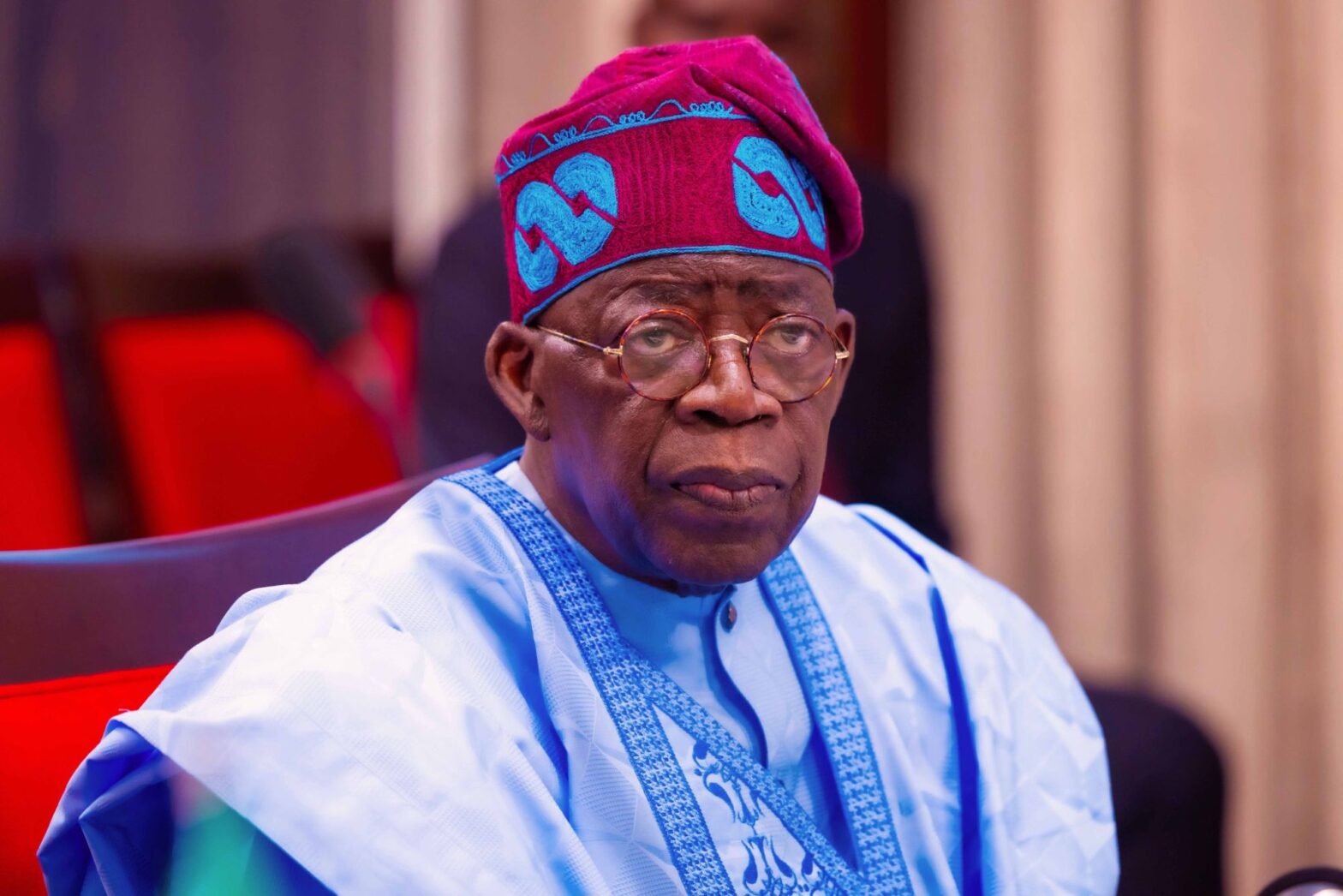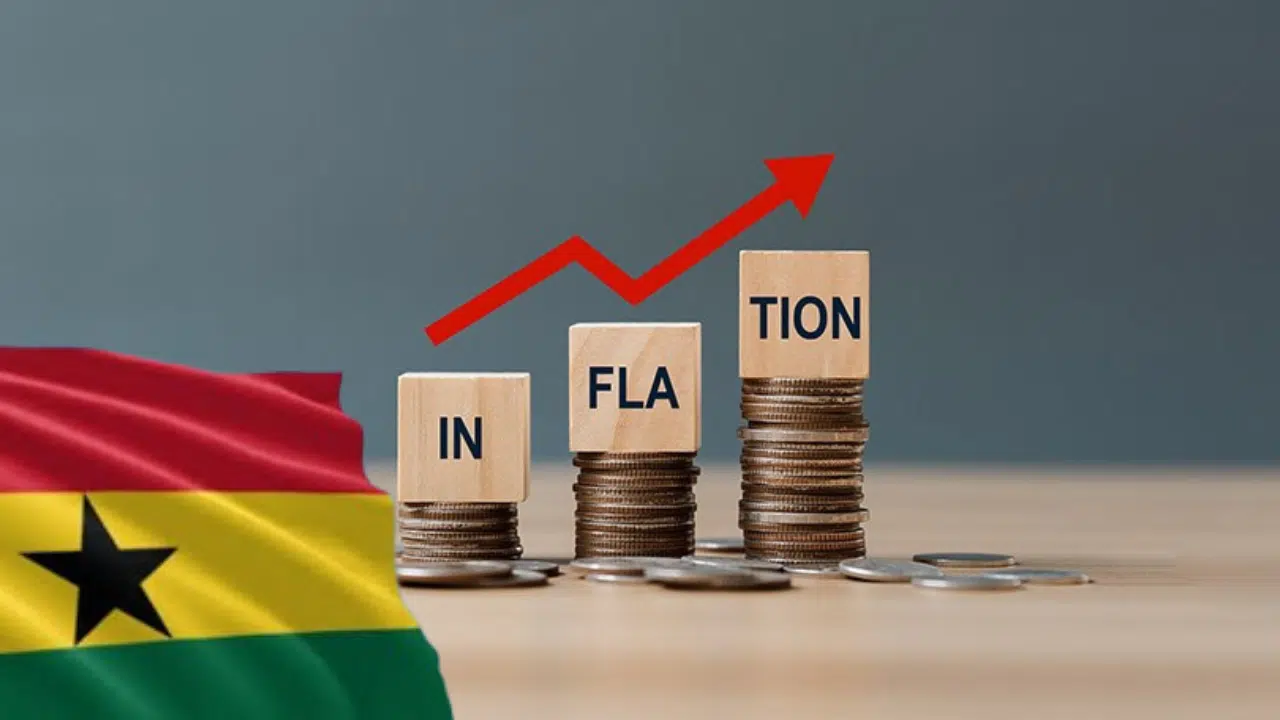Ghana’s annual inflation rate declined slightly to 23.1% in February, down from 23.5% in January, driven by a modest drop in food prices.
Data from the Ghana Statistical Service (GSS) showed that food inflation fell by 1.8 percentage points during the period, marking the fourth consecutive month of decline.
“In the last four months, you’ve seen a consistent decline in food inflation on a month-on-month basis, dropping by 2.0 percentage points between November 2024 and February 2025,” GSS head Samuel Annim told reporters on Wednesday.
Although inflation has been on a downward trend since January, February’s figure remains the third-highest in the past ten months, highlighting persistent economic challenges. The figure also exceeds the Bank of Ghana‘s target range of 6% to 10% by a wide margin.
Food and non-food inflation trends
Food inflation eased slightly to 28.1% in February, down from 28.3% in January, reflecting a 1.8% month-on-month decrease.
Despite the overall drop, some food items recorded price increases, including vegetables, tubers, cooking bananas, and pulses (28.1%); ready-made food and other food products (45.5%); cereals and cereal products (38.6%); and fish and seafood (26.5%).
Non-food inflation also declined, slipping to 18.8% in February from 19.2% in January, a 0.9% decrease.
Cedi stability offers relief but risks remain
A key factor contributing to the inflation slowdown has been the relative stability of the Ghanaian cedi.
In recent months, the local currency has shown resilience, supported by rising commodity prices, improved foreign reserves, and tighter monetary policy.
This moderation has helped stabilize the cost of imported goods, providing some relief to consumers and businesses.
The Economist Intelligence Unit projects that the cedi will end 2025 at GH¢17.23 to the dollar, signaling a mild depreciation but a relatively stable trajectory.
Key factors, including the conclusion of Ghana’s debt restructuring talks and higher gold export earnings, are expected to provide further support to the currency.
Persistent economic challenges
Despite some positive developments, Ghana’s economic recovery remains fragile.
The country’s critical sectors, particularly cocoa and gold, continue to face challenges. In September 2024, the government raised the farmgate price of cocoa by nearly 45% to support farmers and curb smuggling.
While this move aimed to boost production, the sector is still grappling with external demand fluctuations and structural inefficiencies.
Meanwhile, Ghana’s parliament recently approved a provisional budget of GH¢68.1 billion ($4.65 billion) to sustain government operations until March 2025, averting a potential fiscal crisis.
This includes allocations for vital energy sector payments, highlighting ongoing financial constraints.
In a bid to curb inflation while supporting economic growth, the central bank kept its key interest rate at 27% in January – one of the highest rates in Africa.






